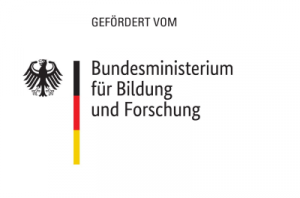Weizenbaum Conference 2018: "The Future of Work and Innovation in a Networked Society"
About the Conference
Digitalisation is one of the central driving forces behind current transformations both in the working world and in the innovation models of industries and society. It affects millions of jobs, changes employment structures in companies and at the same time creates new possibilities for creative workers and citizens. It provides space for innovative approaches to the organisation of work by making new forms of collaboration among diverse constituencies possible (and necessary as well), but also enables new ways of globally fragmenting work, helping organisations to develop open innovation models of practice. It transforms qualification and skills requirements as well as forms of blended learning.
Digitalisation processes also bring new relevance to the question of how self-determination can be safeguarded and developed in the world of work and innovation. This concerns, on the one hand, the new possibilities for monitoring and control and the issue of the autonomy of the working population. Also, the risks of precarisation, which particularly emerge due to the development of the platform economy, must be contained. On the other hand, many creative and innovative products and services evolve from flexible working environments where the dividing lines between working and private sphere are blurred and new models of collaboration, interaction and models of work are tested.
The symposium will specifically focus on self-determination in these changing working environments. Self-determination means that digitalisation should not be seen as an unavoidable fate; instead, our capacity to shape it should be emphasised. Also, self-determination is a necessary prerequisite for any creative work – in social contexts as well as in working environments, where permanently employed people work together with click-work-forces.
Of course, power relations must also be taken into account. Thus, the current form of digitalisation reflects to a considerable extent the interests of a small group of powerful companies (and states) as well as the dominant “engineering ideologies”. It is therefore all the more important to make this shaping of the digitalisation process visible and to develop approaches that strengthen the possibilities for self-determination.
Call for Papers
Call for Papers download here.
Program
Program download here.

